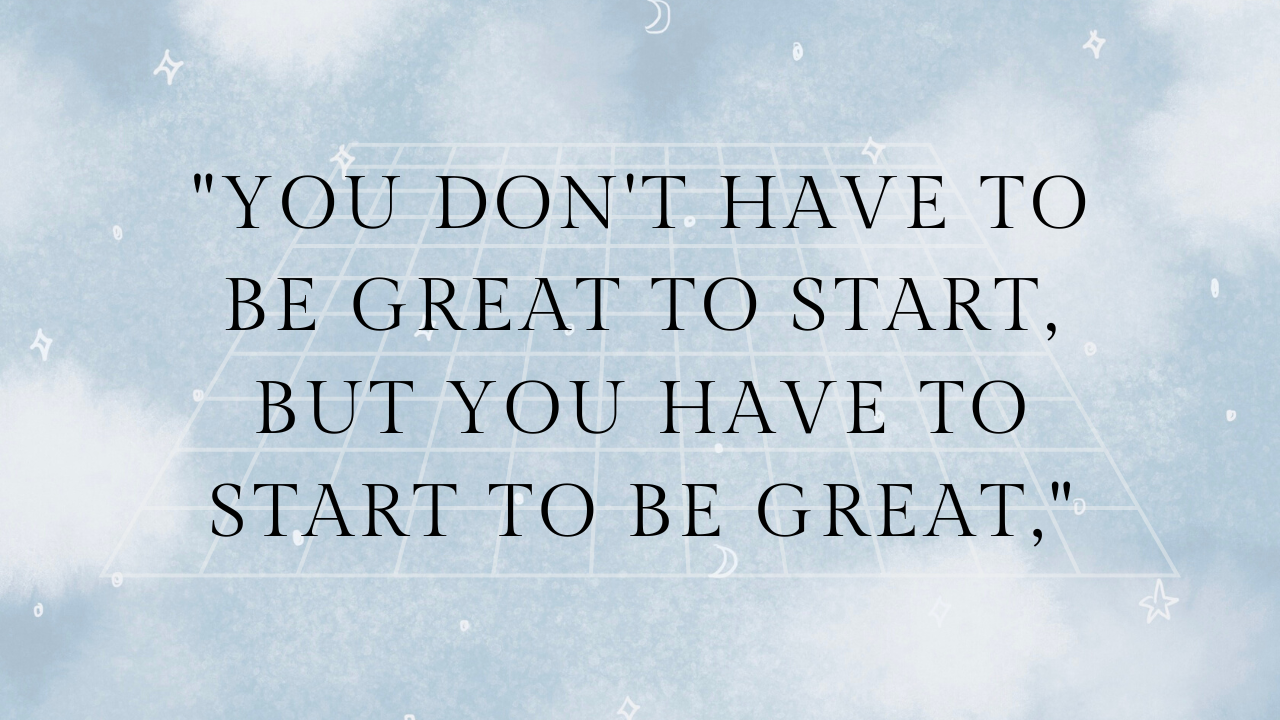Your Teen Isn’t Behind — They’re Just Becoming: How to Help Them Fall Back in Love with Growth
Oct 21, 2025
After parenting two 16-year-olds (and with another one about to cross that milestone next year), I’ve learned one of the hardest—and most freeing—truths about raising teens: growth doesn’t follow a clock, it follows commitment.
Somewhere around 16, something shifts.
Dreams get bigger. Pressure gets louder. And suddenly, teens start to believe there’s an invisible clock ticking over their heads—college decisions, grades, sports, popularity, friends who “seem further ahead.”
And as a parent, you feel it too.
You watch your child wrestle with expectations—some real, some imagined—and it’s hard not to wonder if you’re both falling behind. But here’s what I’ve learned after years of coaching students and walking through this stage three times myself: growth doesn’t have a deadline.
Zig Ziglar said it best:
“You don’t have to be great to start, but you have to start to be great.”
That one sentence reshaped how I parent and how I coach. It reminds me that greatness doesn’t show up all at once—it’s built one choice, one effort, one day at a time.
So if your teen (or you) are feeling the weight of “not being there yet,” let’s reset the focus. Here are five powerful shifts that have helped my own kids rediscover their motivation—and helped me breathe a little easier, too.

1. From Pressure to Progress: Redefine What “Winning” Looks Like
Big goals can inspire—but they can also intimidate. When your teen stares down a long list of what they “should be,” it can feel paralyzing.
Instead of talking only about results, start celebrating movement.
Swap “Get straight A’s” for “Spend 45 focused minutes studying each day.”
Replace “Make varsity” with “Practice with full effort every afternoon.”
That shift takes the focus off the scoreboard and onto the steps. Progress—no matter how small—builds belief. And belief builds consistency.
When my kids learned to measure wins in effort instead of outcomes, growth became exciting again, not exhausting.
2. Meet Them in Their World (Before You Try to Lead Them Out of It)
If your teen says, “I want to get better at video games,” resist the urge to roll your eyes. Instead, ask questions that connect effort to improvement:
-
“What skill are you trying to master?”
-
“How will you know you’ve leveled up this week?”
-
“What’s your plan to practice?”
It’s not about the game—it’s about the process. You’re teaching them to take ownership, reflect, and grow. Those same habits will carry over to every other area of life.
When we meet our teens where they are, they start believing we actually see them—and that’s when they start listening.
3. Celebrate the Journey, Not Just the Finish Line
In our house, we started a new kind of praise: “process praise.”
Instead of, “I’m proud you got an A,” I’ll say, “I’m proud of how you showed up every day to study.”
Instead of, “You won the game!” I’ll say, “I saw how you pushed through when things got tough.”
Kids repeat what gets noticed. So when we notice their consistency, grit, and effort, we reinforce the behaviors that actually lead to lasting success.
Zig’s words echo here, too—“You have to start to be great.” Every rep, every try, every practice is greatness in the making.
4. Let Someone Else Say What You’ve Been Saying All Along
As much as we love to be the hero in our kids’ stories, sometimes our voice isn’t the one they need to hear.
A coach, mentor, or trusted adult can say the same thing we’ve been repeating for months—and suddenly it lands.
That’s not failure. That’s teamwork.
The right coach helps teens:
-
Turn scattered effort into structured systems
-
Build confidence through small, consistent wins
-
Stay accountable without power struggles at home
When parents and coaches partner together, growth multiplies. That’s one of the biggest reasons we started Generation Youth Coaching—to give families an ally in their teen’s growth journey.
5. Show, Don’t Tell: Be the Example They Remember
Your kids are watching how you live, not just what you say.
If you want them to build habits, show them what that looks like in real time:
-
Stick with your own morning routine.
-
Work toward your personal goals—even when you don’t feel like it.
-
Talk about your process, not your perfection.
Say things like, “I didn’t want to go for that walk today, but I did the first five minutes, and I’m glad I did.”
That transparency normalizes growth as a journey, not a performance. And it gives them permission to start where they are, not where they “should” be.
The Heart of It All
Parenting through the teen years is humbling—and holy—work. We can’t speed up their growth, but we can shape the soil it grows in.
Our kids don’t need pressure to be perfect; they need a safe place to practice becoming.
So this week, take one small step:
-
Redefine the win.
-
Celebrate effort.
-
Ask curious questions.
-
Invite a mentor.
-
Model the growth yourself.
Then, take a breath and remember: growth doesn’t come from rushing the process—it comes from trusting it.
Because as Ziglar reminded us, “You don’t have to be great to start, but you have to start to be great.”
And together, you and your teen can start—today. ❤️



